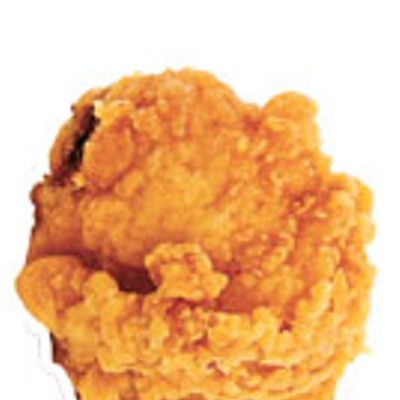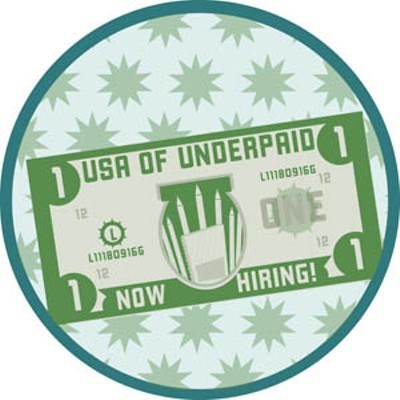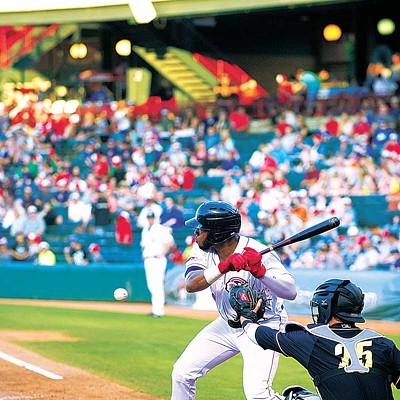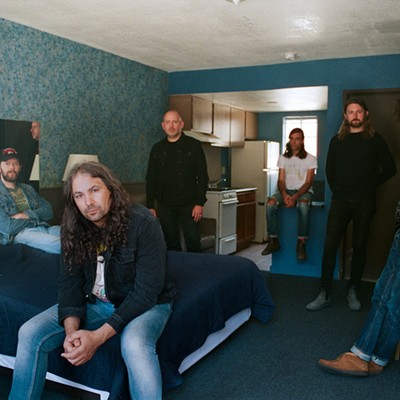
Jim Heath — the “Reverend” behind Reverend Horton Heat — has never felt all that drawn to trends. Heath spent his formative years in the ’70s, and even as his peers gravitated toward the flashier flavors of the time, he dug into the no-frills blues and roots classics of B.B. King and John Lee Hooker.
He eventually found his personal creative footing in psychobilly music — the punk-infused rockabilly sound devised by The Cramps — but the no-nonsense mentality and dedication to the craft of those old roots heroes is something Heath never forgot.
“All the other kids wanted to be in these sort of glammed-up rock bands, but I never wanted that,” Heath said. “The last thing I wanted was to be in one of those groups that dress up like butterflies for four years, then you never hear about them again.”
It was almost certainly the right decision. Nearly 30 years and zero butterfly costumes later, Heath routinely finds himself hailed as the godfather of modern rockabilly music.
Formed in Dallas in 1985, his trio has enjoyed a long and prosperous career, releasing 11 studio albums through labels like Sub Pop and Interscope and enjoying mainstream appeal through song placements in Guitar Hero and Tony Hawk Pro Skater video games.
“Back when we started playing together, it was like, we’re going to play this gig and then I’ll start my career selling insurance next week,”
Heath said with a laugh. “I never imagined it all happening like this.”
It’s looking like Reverend Horton Heat is a long way from cooling down, too. Between constant, extensive touring treks, the group wrote and recorded its latest record, REV, which was released through Victory Records in January.
Heath recorded the entire album himself for the first time in his three-decade career after collecting a studio’s worth of gear. The experience proved to be more liberating than overwhelming.
“For me to have a means to do the recording myself in our rehearsal space — at least when the guy next door wasn’t giving drum lessons — was special,” Heath said. “It’s confining to be in a studio. This, well, this was inspiring.”
It allowed for ample time to get back in touch with “the Reverend of the mid-’90s,” favoring an edgy, boisterous sound after a couple of country-leaning albums. For its efforts, the trio was awarded with the highest Billboard-charting debut of its career … not that it’s something Heath cares much about.
“I don’t want to rest on my laurels. None of that inspires me to stay up all night practicing guitar or working on songs,” he said.
“I’m on the Willie Nelson retirement plan. That’s where I’ll never stop playing music, where I just keep on going down that road.”












